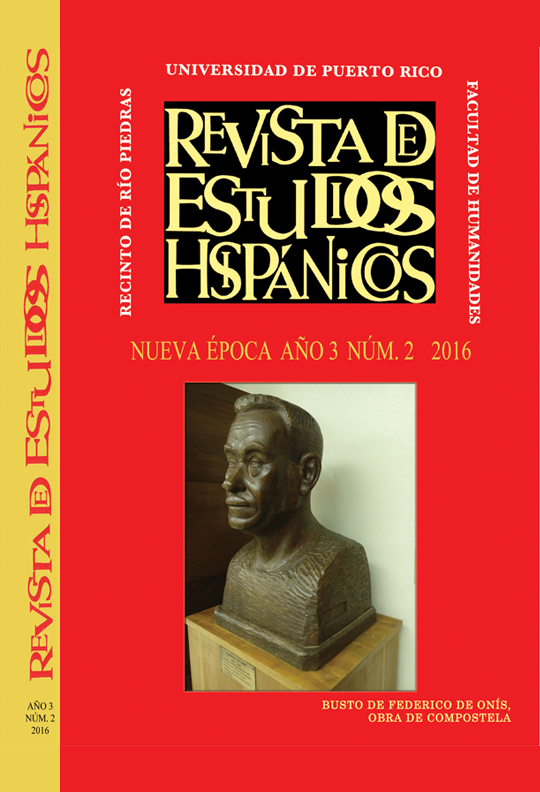Abstract
The evolution of the medieval sibilant phonetic system is indispensable in understanding how original Castilian expanded and evolved on both sides of the Atlantic. At the same time, it helps to distinguish varieties such as Andalusian Spanish, trans-Atlantic Spanish, and Judeo-Spanish, which in many ways constitutes proof of all the diachronic processes happening during and after the late medieval period. The sibilant merger and its resulting graphic confusion represent a crucial chapter in the development of Spanish. This study offers an extensive overview of the evidence, chronology, dialectal divergence, theories of causation, and phonetic background of this merger. Condensing what prior scholarship has already established, it helps the reader understand how the sibilant system evolved into its modern realization. It explores the origins and different steps in their complex evolution. Lastly, it evaluates the most recent research on the history of these phonetic changes.This work is licensed under a Creative Commons Attribution-NonCommercial 4.0 International License.
Downloads
Download data is not yet available.

